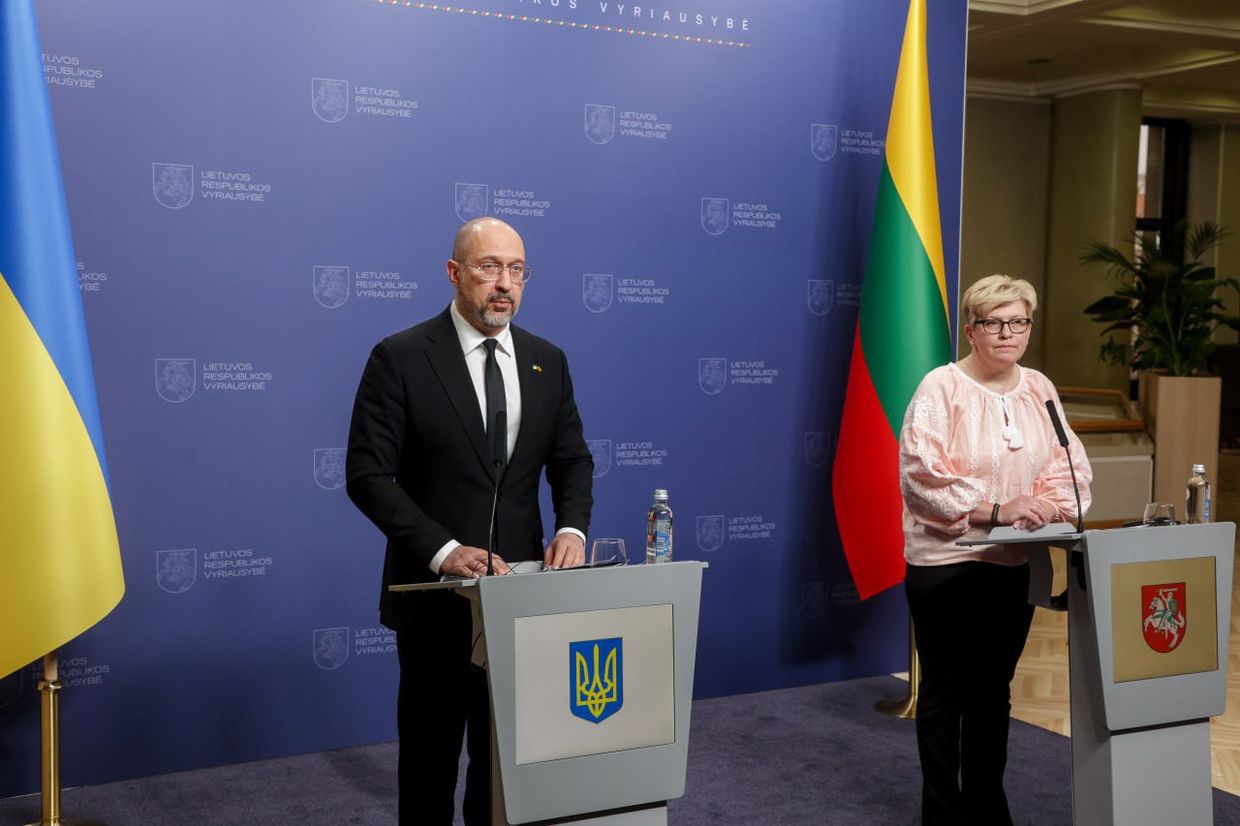Zelensky arrives in Lithuania for Three Seas Summit

Editor's note: The article was updated with additional information from the Presidential Office.
President Volodymyr Zelensky arrived in Lithuania on April 11 to take part in the Three Seas Summit and hold talks with the leaders of the partner countries.
"Important meetings are scheduled, and a new bilateral security agreement is to be signed," Zelensky said on social media.
"The main task for now is to make every effort to strengthen our air defense system, to meet the urgent needs of the Ukrainian Defense Forces, and to consolidate international support so that we can overcome Russian terror."
Ukraine has previously signed bilateral security deals with eight countries, including Finland, the U.K., Germany, France, Denmark, Canada, Italy, and the Netherlands. The agreements are based on a pledge made by the Group of Seven (G7) last July, which aims to bolster Ukraine's ability to resist Russian aggression.
Three Seas Initiative (TSI) is a forum of 13 European Union states, running along a north-south axis from the Baltic Sea to the Adriatic and Black Seas in Central and Eastern Europe.
The initiative aims to provide a regional dialogue on questions affecting the member states, including economic and infrastructure issues.
"After Russia launched its unprovoked and unlawful war against Ukraine, the geopolitical importance of intensified cooperation and better connectivity in the North-South axis corridor has increased dramatically," Lithuanian President Gitanas Nauseda said in his statement dedicated to the beginning of the ninth summit.
Ahead of the summit's start, Zelensky held a meeting with Nauseda. The two heads of state discussed recent Russian attacks on Ukraine and Kyiv's urgent need for air defenses.
"I am grateful for your willingness to help and increase the capacity of weapons supplies and production to protect our common security," Zelensky said.
Ukraine received a partner-participant status of the TSI in 2022 during its seventh summit in Riga.
The following year, Ukraine became TSI's associate member and got access to "all the tools developed within the Initiative," as reported on Ukraine's government website.














